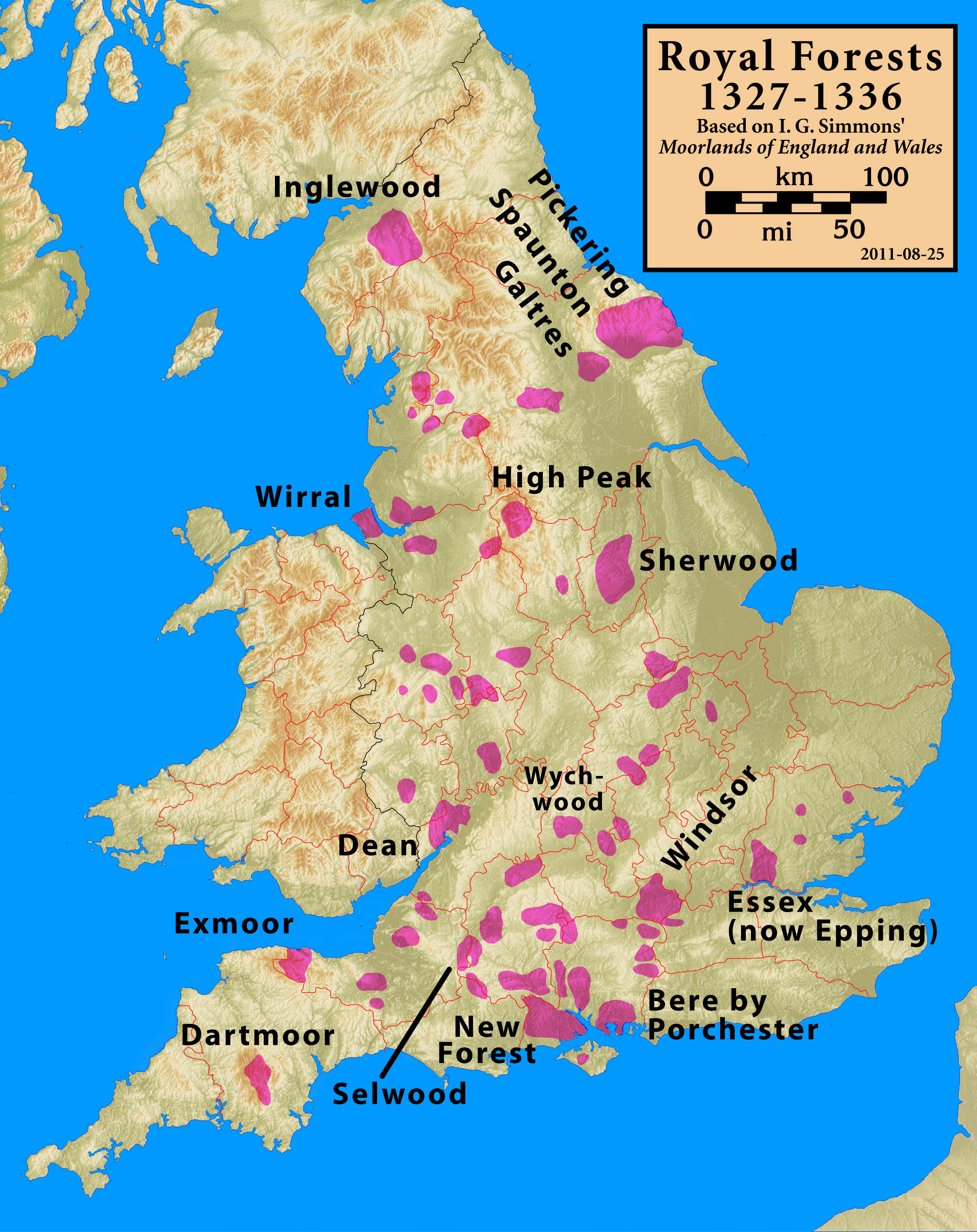|
Margaret Leroy
Margaret Leroy is a British romantic novelist. Her 1999 novel ''Trust'' was adapted for a British television film with a screenplay by Matthew Hall as ''Loving You'' in 2003. She was brought up in the New Forest and studied music at St Hilda's College, Oxford St Hilda's College is one of the Colleges of the University of Oxford, constituent colleges of the University of Oxford in England. The college is named after the Anglo-Saxon Saint, Hilda of Whitby and was founded in 1893 as a hall for women; it .... Her subsequent novels include: *''The River House'' (2005) *''Yes, My Darling Daughter'' (2009) *''The Soldier's Wife'' (2011) *''A Brief Affair'' (2015) References External links Official website Alumni of St Hilda's College, Oxford Living people Year of birth missing (living people) British romantic fiction writers {{UK-novelist-stub ... [...More Info...] [...Related Items...] OR: [Wikipedia] [Google] [Baidu] |
New Forest
The New Forest is one of the largest remaining tracts of unenclosed pasture land, heathland and forest in Southern England, covering southwest Hampshire and southeast Wiltshire. It was proclaimed a royal forest by William the Conqueror, featuring in the Domesday Book. It is the home of the New Forest Commoners, whose ancient rights of common pasture are still recognised and exercised, enforced by official verderers and agisters. In the 18th century, the New Forest became a source of timber for the Royal Navy. It remains a habitat for many rare birds and mammals. It is a biological and geological Site of Special Scientific Interest. Several areas are Geological Conservation Review and Nature Conservation Review sites. It is a Special Area of Conservation, a Ramsar site and a Special Protection Area. Copythorne Common is managed by the Hampshire and Isle of Wight Wildlife Trust, Kingston Great Common is a national nature reserve and New Forest Northern Commons is managed b ... [...More Info...] [...Related Items...] OR: [Wikipedia] [Google] [Baidu] |
St Hilda's College, Oxford
St Hilda's College is one of the Colleges of the University of Oxford, constituent colleges of the University of Oxford in England. The college is named after the Anglo-Saxon Saint, Hilda of Whitby and was founded in 1893 as a hall for women; it remained a women's college until 2008. St Hilda's was the last single-sex college in the university as Somerville College, Oxford, Somerville College had admitted men in 1994. The college now has almost equal numbers of men and women at both undergraduate and postgraduate level. The principal of the college is Professor Sarah Springman, who took office in 2022. As of 2018, the college had an financial endowment, endowment of £52.1 million and total assets of £113.4 million. History St Hilda's was founded by Dorothea Beale (who was also a headmistress at Cheltenham Ladies' College) in 1893, as St Hilda's Hall and recognised by the Association for the Education of Women as a women's hall in 1896. It was founded as a women's college, a ... [...More Info...] [...Related Items...] OR: [Wikipedia] [Google] [Baidu] |
Alumni Of St Hilda's College, Oxford
Alumni (singular: alumnus (masculine) or alumna (feminine)) are former students of a school, college, or university who have either attended or graduated in some fashion from the institution. The feminine plural alumnae is sometimes used for groups of women. The word is Latin and means "one who is being (or has been) nourished". The term is not synonymous with "graduate"; one can be an alumnus without graduating (Burt Reynolds, alumnus but not graduate of Florida State, is an example). The term is sometimes used to refer to a former employee or member of an organization, contributor, or inmate. Etymology The Latin noun ''alumnus'' means "foster son" or "pupil". It is derived from PIE ''*h₂el-'' (grow, nourish), and it is a variant of the Latin verb ''alere'' "to nourish".Merriam-Webster: alumnus .. Separate, but from the s ... [...More Info...] [...Related Items...] OR: [Wikipedia] [Google] [Baidu] |
Living People
Related categories * :Year of birth missing (living people) / :Year of birth unknown * :Date of birth missing (living people) / :Date of birth unknown * :Place of birth missing (living people) / :Place of birth unknown * :Year of death missing / :Year of death unknown * :Date of death missing / :Date of death unknown * :Place of death missing / :Place of death unknown * :Missing middle or first names See also * :Dead people * :Template:L, which generates this category or death years, and birth year and sort keys. : {{DEFAULTSORT:Living people 21st-century people People by status ... [...More Info...] [...Related Items...] OR: [Wikipedia] [Google] [Baidu] |
Year Of Birth Missing (living People)
A year or annus is the orbital period of a planetary body, for example, the Earth, moving in its orbit around the Sun. Due to the Earth's axial tilt, the course of a year sees the passing of the seasons, marked by change in weather, the hours of daylight, and, consequently, vegetation and soil fertility. In temperate and subpolar regions around the planet, four seasons are generally recognized: spring, summer, autumn and winter. In tropical and subtropical regions, several geographical sectors do not present defined seasons; but in the seasonal tropics, the annual wet and dry seasons are recognized and tracked. A calendar year is an approximation of the number of days of the Earth's orbital period, as counted in a given calendar. The Gregorian calendar, or modern calendar, presents its calendar year to be either a common year of 365 days or a leap year of 366 days, as do the Julian calendars. For the Gregorian calendar, the average length of the calendar year (the ... [...More Info...] [...Related Items...] OR: [Wikipedia] [Google] [Baidu] |


